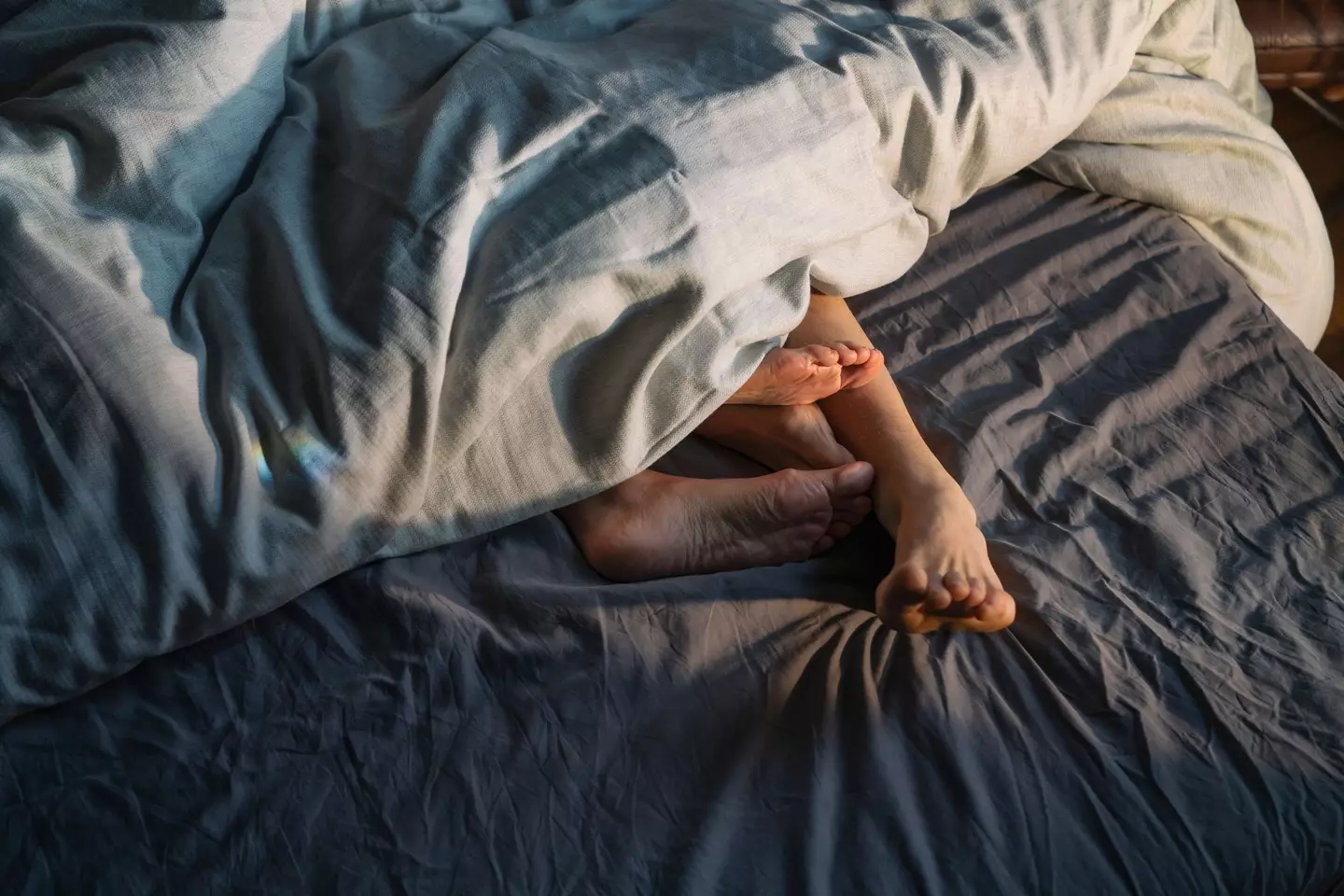Getting that release is a lot more important than you might think
Young people between the ages of 18 and 30 are having less sex, but experts have explained what impact this can have on the body for men and women.
Sex and relationship expert Dr Tara Suwinyattichaiporn spoke to the Daily Mail and said there can be negative results for both men and women if they go too long without sex, or at least some stimulation.
While you might assume everyone around you is having plenty of sex, this may not actually be the case for Gen Z.
A 2021 California University study found that 38 percent of young people between the ages of 18 and 30 reported that they hadn’t had any sexual partners in the previous year.
So, what kind of impact can no sex and masturbation have on a person?
Mental Health Issues
There has always been pressure in society around the importance of sex, I mean that is how we get babies that kind of carry on the species…
But even beyond that, when it comes to having sex for reasons other than baby-making, not having it can have detrimental impacts on a person’s mental health.

Sex for many people puts a great deal of focus on affection, touch and sexual connection, and without this, a person can experience anxiety, depression and increased levels of stress according to Dr Suwinyattichaiporn.
Aggressive Behavior
As well as the above – in both men and women – not having an available partner or engaging in unsatisfying sexual activities can lead to heightened irritability and mood swings.
A 2021 study in the Science Direct journal found that people with unmet sexual needs can develop frustration that may lead to an increase in aggressive behavior.
The study also said sexual frustration may lead to an increase in ‘the risks of aggression, violence, and crime associated with relief-seeking, power-seeking, revenge-seeking, and displaced frustration.’
Physical Health Issues
Thankfully, the physical impacts on your body from not having sex or masturbation, are not exactly as dire as the age-old adage of ‘use it or lose it’ – but there can still be some cause for concern.
The extreme symptoms that can arise include penile and vaginal atrophy and or pain during sex, however, this is likely to take upwards of five years without sex to occur.
Penile atrophy, or penis shrinkage, is when the skin and underlying tissue of the penis stiffen and become less flexible. If this occurs, it can cause the penis to become shorter or lose girth.
This can happen due to infrequent erections but can also be caused by lifestyle choices.

On a more serious note, there is evidence to suggest – in men – that an inactive sex life can increase the likelihood in getting prostate cancer.
A 2016 study in journal European Urology found men who ejaculated at least 21 times each month had a lower risk of developing prostate cancer than those who ejaculated just four to seven times a month.
For women, they can develop vaginal atrophy which is when the tissues become thin and dry and, in some cases, shortens the vaginal canal.
This can make penetration more difficult during intercourse and cause pain or discomfort during sex.
What can you do to help yourself?
Sex therapist Sari Cooper also spoke to the Daily Mail and said it is important to find ways to destress, as people who are stressed struggle to notice if ‘someone piques our neurotic nerve endings.’ Essentially aren’t as focused or clued up on whether someone is getting your blood flowing.
Suwinyattichaiporn added that ‘stressed out people don’t have the capacity to enjoy sex’.

When it comes to de-stressing, popular methods include yoga, exercise and other toxin-releasing activities.
Cooper also suggested people should focus on what has previously triggered their ‘erotic desires’, and these things aren’t always physical. For example, sometimes it’s something you hear, smell or taste.
For couples, the sex therapist suggested that they should consider speaking to a certified sex therapist to help them ‘address these barriers with professional guidance.’